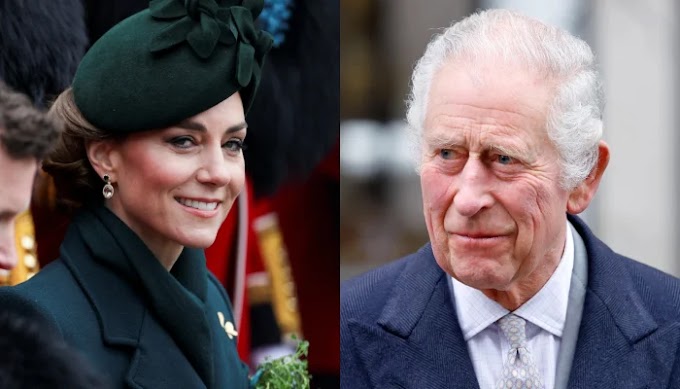Prince Harry's U.S. visa application is facing challenges following revelations of drug use in his memoir.
As Prince Harry's U.S. visa becomes a focal point in a legal case, his memoir's credibility is being debated for its suitability as evidence in court.
Joshua Lisec, author of "So Good They Call You a Fake," cautioned against treating Prince Harry's memoir, "Spare," released in January 2023, as a factual account. Lisec emphasized that the book comprises emotional reflections rather than a rigorously fact-checked biography.
In his memoir, Prince Harry openly discussed past drug use, including cocaine, marijuana, and psychedelic mushrooms. This disclosure has stirred controversy, with some questioning the accuracy of his U.S. visa application.
The U.S. Citizenship and Immigration Services (USCIS) considers providing false information on an immigration application a criminal offense, potentially leading to deportation.
In a legal challenge initiated by The Heritage Foundation to access Prince Harry's immigration records, attorney John Bardo defended the Duke of Sussex. Bardo argued that the memoir should not be admitted as evidence, suggesting that its contents might be embellished or altered.
Bardo stated, “The book isn't sworn testimony or definitive proof of Prince Harry's drug use. Merely stating something in a memoir doesn't authenticate its truthfulness.”
Joshua Lisec echoed similar sentiments, emphasizing the potential inaccuracies in memoirs. “Readers often perceive memoirs as definitive accounts, but many are not subjected to detailed fact-checking,” Lisec told Express.co.uk. He added that memoirs may undergo editing to enhance their appeal and coherence, rather than ensuring factual accuracy.












